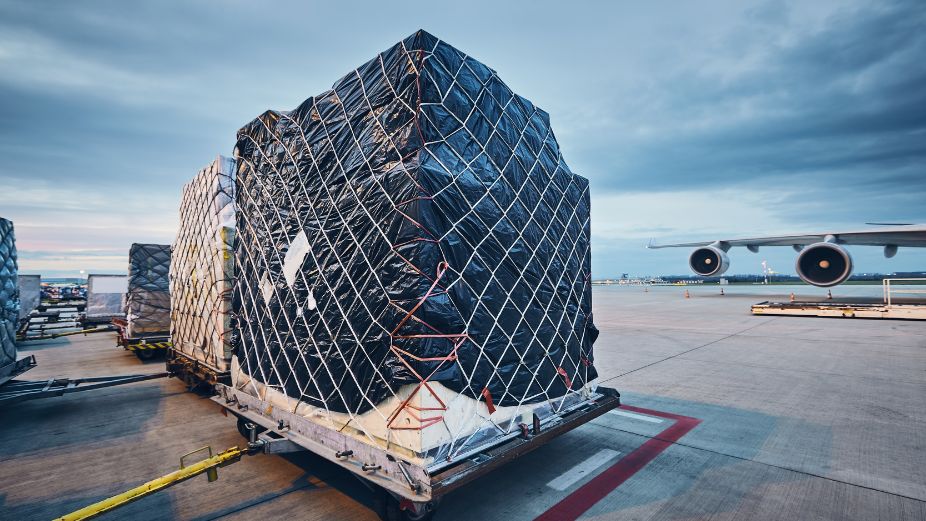
The Maldives, with its strategic location in the Indian Ocean, has long been recognised as a key player in transshipment and logistics, particularly in sea-to-air cargo operations. Already engaged in this niche market with established agreements with several international airlines, the Maldives is now exploring new opportunities to enhance these operations. The China-Maldives Free Trade Agreement (CMFTA) offers a framework to expand and refine existing capabilities, aligning the country’s logistics ambitions with global trade flows.
The Role of CMFTA in Logistics Development
The CMFTA, signed to strengthen economic ties between the two nations, facilitates preferential access to markets and lays a foundation for cooperative trade policies. For the Maldives, this agreement opens doors to leverage China’s robust manufacturing capabilities by serving as a logistics link between Asia, the Middle East, and Africa. The agreement’s provisions on customs facilitation, transparency, and investment cooperation further streamline opportunities for enhanced maritime and aviation logistics.
Strategic Location and Infrastructure
The Maldives’ unique geographic advantage offers natural access to key global shipping lanes. Velana International Airport, with its sea-to-air cargo transshipment capabilities, serves as a vital node. As shipping containers arrive at the Maldives’ ports, goods can be quickly transferred to aircraft for expedited delivery, bypassing longer maritime routes. This reduces transit times significantly, providing an attractive option for high-value or time-sensitive goods.
However, realising this potential requires targeted infrastructure upgrades. Ports and logistics centres need expansion to accommodate larger vessels and increased cargo volumes. Additionally, investment in advanced tracking systems and integration with Chinese logistics networks could enhance operational efficiency.
Collaboration with China
China’s shipping industry, one of the largest globally, stands to benefit from using the Maldives as a relay point. The partnership could foster joint ventures for logistics companies, offering mutual benefits. For China, this provides a quicker alternative to traditional routes, while the Maldives gains from increased economic activity and job creation.
China’s involvement through the CMFTA can catalyse these developments. The agreement encourages investments in sectors such as maritime transport services and infrastructure. Through Chinese expertise and funding, the Maldives can establish modern port facilities, improve container handling technologies, and build warehousing capacity tailored for sea-to-air operations.
Environmental Considerations
Sustainability is a critical factor in the Maldives’ development strategy, especially given the environmental vulnerabilities of small island nations. Sea-to-air operations inherently reduce the environmental impact of logistics by minimising long-haul shipping distances. Investments under the CMFTA should prioritise green technology, such as electrified port equipment and fuel-efficient transport fleets, to align with global sustainability goals.
The Future of Transshipment in the Maldives
The sea-to-air cargo niche aligns with global trade trends that demand speed and efficiency. With proper implementation of the CMFTA, the Maldives could emerge as a logistics hub comparable to other major transit centres, serving as a key link in the supply chain for products ranging from electronics to perishable goods.
The CMFTA presents a golden opportunity for the Maldives to redefine its maritime and logistics sectors. By embracing infrastructure development, fostering collaborations with Chinese firms, and integrating green logistics practices, the Maldives can position itself as a pivotal hub for sea-to-air cargo transshipment, boosting its economy and global connectivity.












